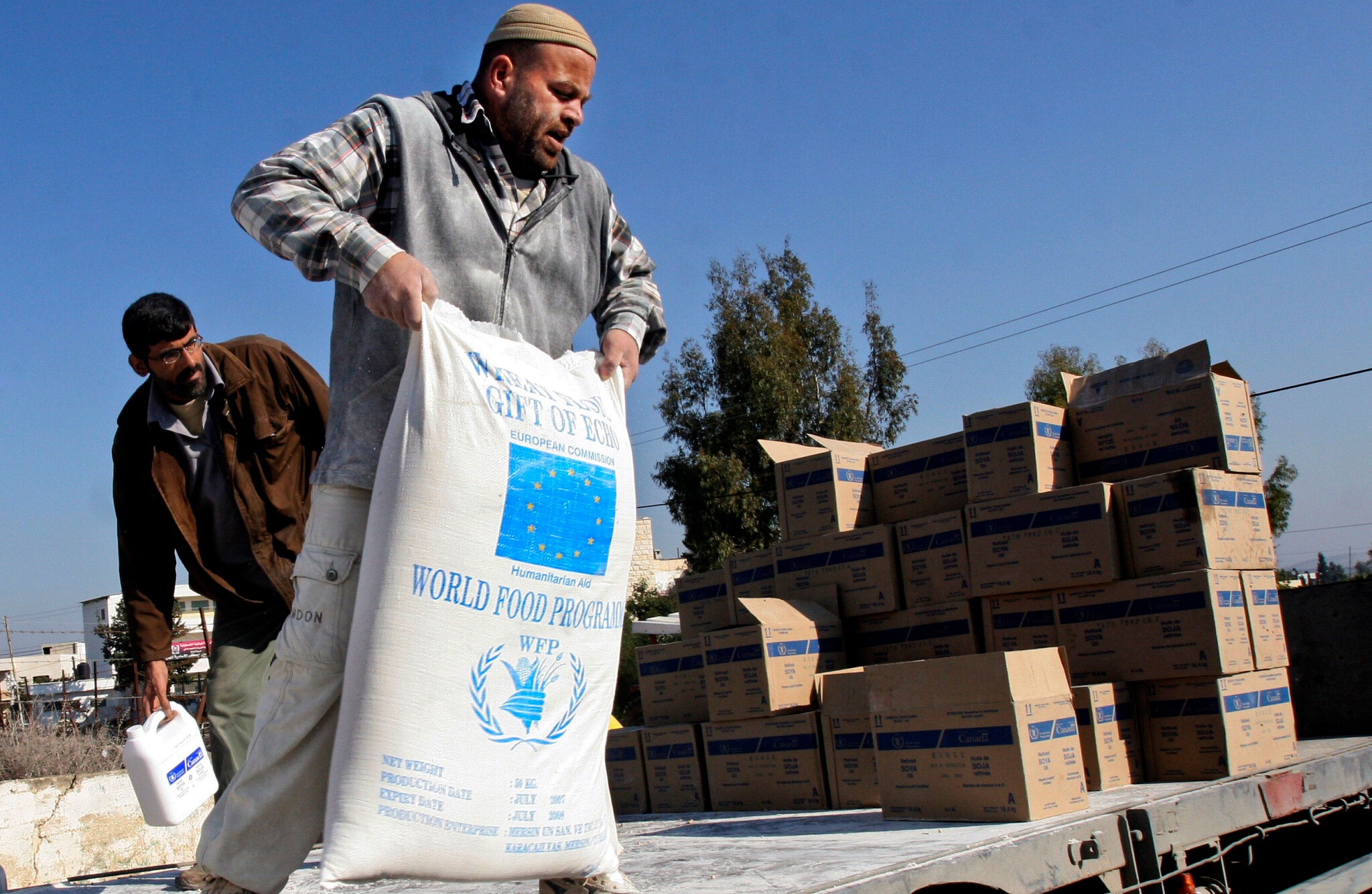The recent appropriations bill deal struck between Congress and the White House reportedly includes a provision to halt all direct U.S. funding to the United Nations Relief and Works Agency for Palestine Refugees (UNRWA) until March 2025.
This decision, confirmed by sources familiar with the negotiations, highlights a significant change in U.S. policy towards the humanitarian agency, which provides crucial services to Palestinian refugees across several regions.
UNRWA operates in the West Bank, Jordan, Lebanon, and Syria, offering vital support in education, healthcare, and social services to an estimated six million Palestinian refugees.
Funding Agreement (Credits: Reuters)
The cessation of funding is expected to create a substantial funding gap for the agency and could exacerbate humanitarian challenges in the region, particularly in Gaza.
The move comes after the Biden administration announced a temporary pause in new funding to UNRWA in January, pending a U.N. investigation into allegations that some agency employees were involved in a deadly terror attack in Israel.
While U.S. intelligence deemed these allegations credible, the current funding pause continues until the investigation concludes.
Funding Agreement (Credits: France 24)
Historically, the United States has been the largest donor to UNRWA, providing significant financial support to its operations. However, the recent decision to halt funding reflects a shift in U.S. policy towards the agency, raising concerns about the impact on vulnerable populations in the region.
Critics of the funding cut argue that it could worsen existing humanitarian crises, particularly in Gaza, where famine and other urgent challenges threaten the well-being of residents.
Democratic Senator Chris Van Hollen warned of dire consequences, emphasizing the importance of continued assistance to prevent further suffering among Palestinians.
The decision to halt funding to UNRWA underscores broader geopolitical tensions in the region, which could impact efforts to address humanitarian needs and promote stability. As the situation unfolds, stakeholders will closely monitor developments and assess the impact on affected communities.
